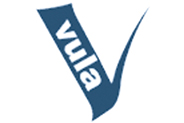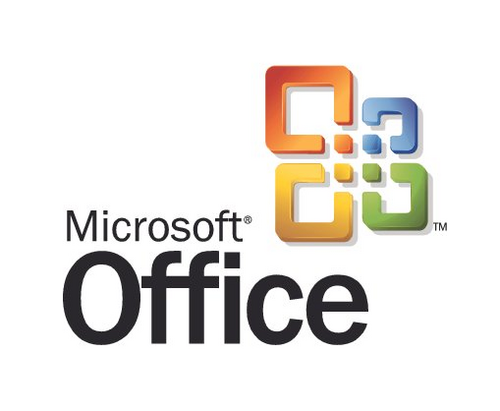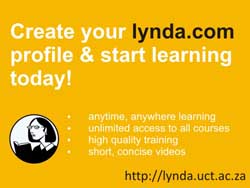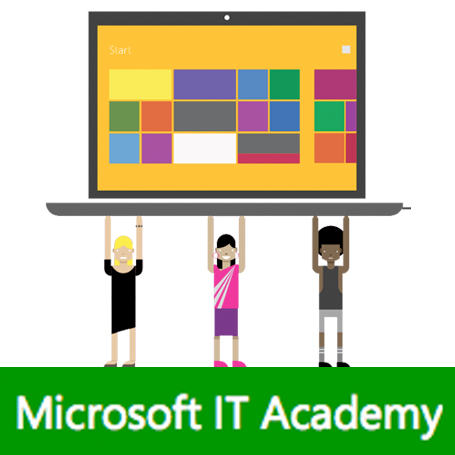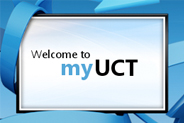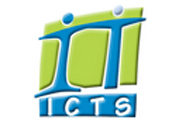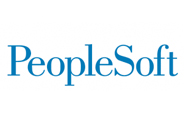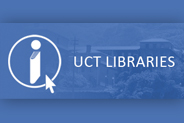|
|
||
|
1. Vula - vula.uct.ac.za Vula is UCT’s official online learning system which houses websites for academic courses, student societies, study and research groups, faculty and departmental groups, as well as assorted projects and initiatives. To learn more about how to navigate through Vula, please click here To find out more about Vula, see:
|
||
|
2. Downloadable Microsoft Office Manuals (PDF) Click here to view and download Ms Office Manuals that guide you on how to: interact with your computer (user interface), prepare, format and edit documents such as essays, thesis, etc.; perform calculations, manipulate data and create graphs; create and deliver presentations; create, manipulate and maintain databases; create and manage your projects; and use the UCT e-mail system (Ms Outlook).
|
||
|
3. Lynda.com - http://lynda.uct.ac.za is an online subscription library that teaches the latest software tools (including authoring software for audio, video, photography and web design, CAD, business systems, etc.) through high-quality instructional videos prepared by recognized industry experts. Lynda.com is suitable for all levels of learners. You can access this library of videos on your desktop, iPhone, iPad, Android phone or tablet, or other mobile device. Useful tips:
|
||
|
4. Microsoft IT Academy - http://itacademy.microsoft.com The Microsoft IT Academy complements the self-training resources, such as Lynda.com. Microsoft IT Academy provides a range of Microsoft online training videos with built-in short quizzes to enhance learning. These resources include digital literacy modules that are meant to help students acquire the digital competences required to thrive in the technology-based knowledge economies both, in education and the workplace. These digital literacy module names are:
For detailed instructions on how to access Microsoft IT Academy modules and redeem the enrolment codes for each module, click here
|
||
|
5. MyUCT Email & Skydrive - www.myuct.ac.za MyUCT provides students with a free 25GB mailbox, 7GB online storage solution (Skydrive), instant messaging tools and much more! View the playlist of YouTube videos that demonstrate how you could make use of MyUCT features
|
||
|
|
6. ICTS - www.icts.uct.ac.za The IT Helpdesk service is not available to undergraduate students. Instead, first level support is mainly handled within the faculty computer labs. View some useful guides below: |
|
|
7. PeopleSoft - http://www.sss.uct.ac.za/sss/students For all student administration issues. To access this self service facility, login with your student number and password.
|
||
|
|
8. Libraries For material on how to find library resources (books, journals articles, newspaper articles, etc) and to reference your work, click the following links: |
|
|
|
9. Useful Links for beginners
|
|

